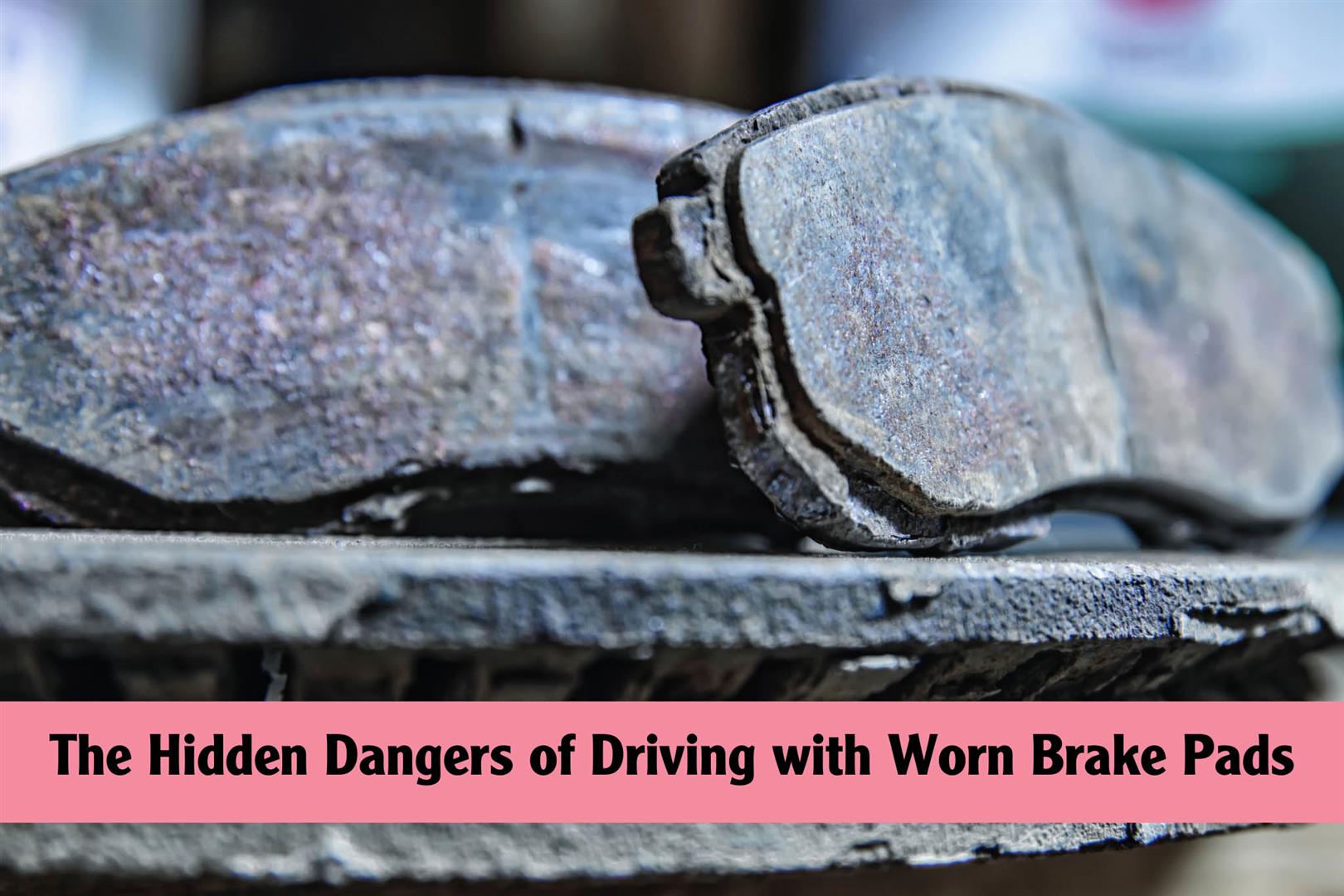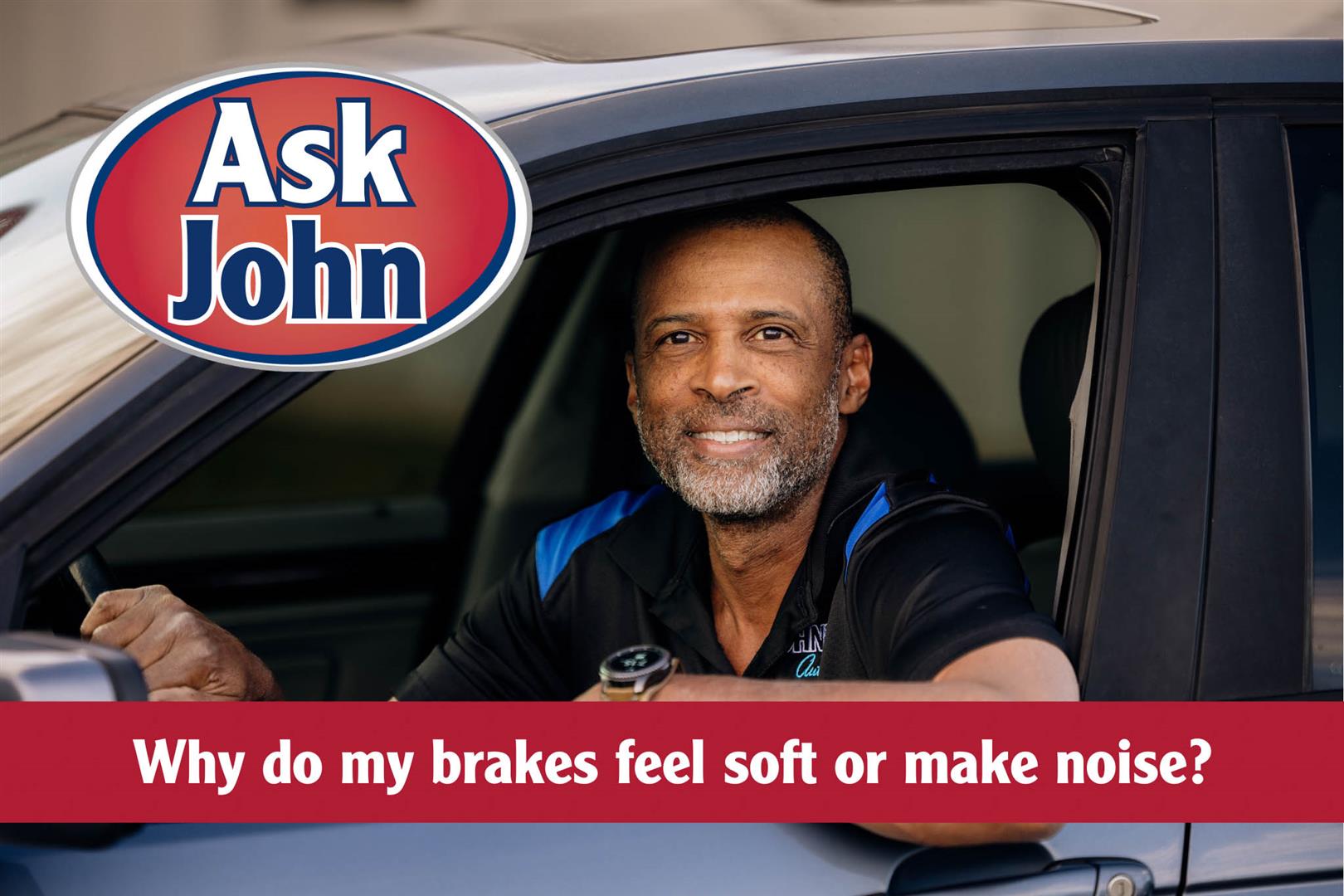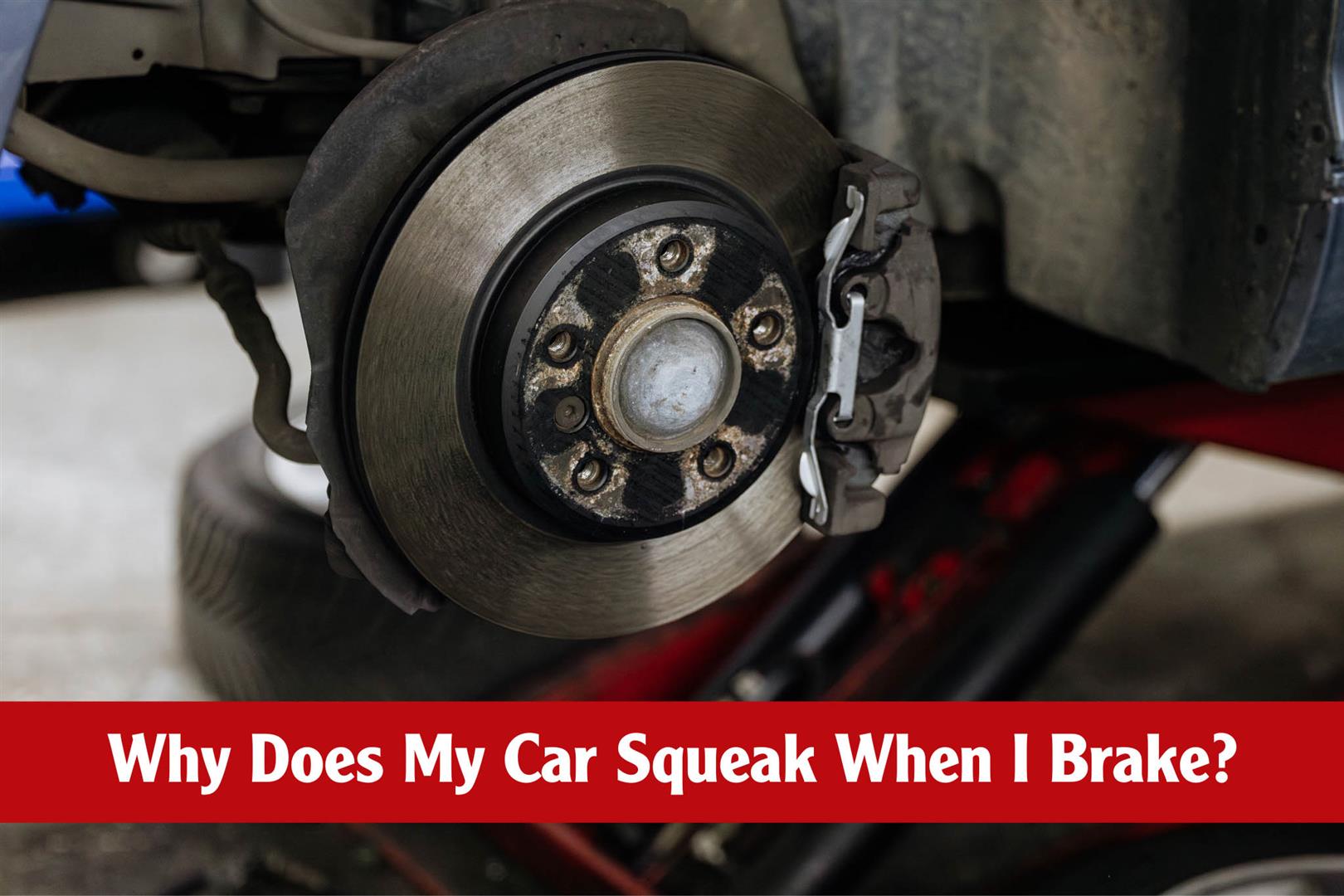Posted on 10/14/2024

Brake pads are one of the most critical components of your vehicle's safety system. They’re designed to wear down over time, but driving with worn brake pads can put you and your passengers at risk. Let’s look at why replacing brake pads promptly is so important. Why You Shouldn’t Ignore Worn Brake Pads: Longer Stopping Distance: As brake pads wear, they become less effective at stopping your car quickly. In an emergency, this could make all the difference between a near miss and an accident. With Boulder’s unpredictable weather and winding roads, you need your brakes at their best. Damage to Calipers: Worn brake pads can damage your brake calipers. When the pads wear down too much, the caliper pistons have to extend further to reach the rotor, which can lead to excessive wear and potential damage to the caliper itself, including issues like sticking pistons or rust buildup on the piston seals. When pads are completely worn down, the metal backi ... read more
Posted on 10/9/2024

If you’ve noticed that your brakes feel soft or make unusual noises, it’s important to address these issues right away. Soft or spongy brakes can indicate a problem with your braking system, and ignoring it could affect your ability to stop quickly. Here are a few common reasons why your brakes might feel soft: Air in the brake lines - Air can get trapped in the brake lines, preventing the brake fluid from flowing smoothly. This leads to a soft or spongy brake pedal. Brake fluid leak - A leak in your brake lines can cause a loss of pressure, making the brake pedal feel soft or go all the way to the floor. Worn brake pads - Over time, brake pads wear down, causing the pedal to feel softer and reducing braking power. As for noise, you might hear squeaking, squealing, or grinding when you apply your brakes. These sounds often signal: Worn brake pads - A squeaking or squealing so ... read more
Posted on 10/9/2024

Noticing a light-colored, oily liquid near your car’s wheels can be concerning. In most cases, this is brake fluid, and it’s a sign of a potential problem with your braking system. Brake fluid is essential for transferring force from your brake pedal to the brakes themselves. When there’s a leak, your car’s braking performance can be compromised, making it unsafe to drive. The fluid usually appears near the wheels because that's where the brake calipers, lines, and hoses are located. If you spot this leak, don’t ignore it! Low brake fluid can lead to: Soft or spongy brakes Longer stopping distances Complete brake failure At John's Auto Care, our experienced brake specialists can quickly diagnose and fix any brake fluid leaks to keep your vehicle safe on the road. Concerned about a brake fluid leak? Visit our Brake Services Page to schedu ... read more
Posted on 10/7/2024

That high-pitched squeak when you press the brake pedal can be frustrating, but it’s your car’s way of letting you know something might be wrong. While it may be tempting to ignore the noise, it's important to address it before it becomes a bigger issue. Common Causes of Brake Squeaking: Worn Brake Pads: Brake pads are designed with a built-in wear indicator. When the pads wear down, the indicator makes contact with the rotor and produces that annoying squeak. This sound is a signal that your brake pads are getting thin and need to be replaced soon Dust and Debris: Boulder roads can get dusty, and debris may accumulate on your brakes. Small particles can become trapped between the pad and the rotor, leading to a squeaking sound. Cleaning your brakes can solve this, but persistent noise warrants a brake check. Moisture in the Morning: Here in Colorado, moisture can accumulate on the brake pads overnight. This causes a temporary squeak until the moisture evaporates as ... read more
Posted on 10/2/2024

If your Toyota Tacoma’s steering feels loose or shaky, it’s not only frustrating but can also be a sign of a serious issue. There are several reasons why your Tacoma might have this problem, and it’s important to address them early to avoid more expensive repairs or even safety risks. Here’s what could be going on under the hood or with the steering system of your truck. 1. Worn Steering Components One of the most common causes of loose steering is worn-out parts in the steering system. The tie rods, ball joints, and bushings are essential in connecting your Tacoma’s wheels to its steering column. Over time, these parts can wear down, leading to slack or a “loose” feel in your steering. If these parts fail completely, you could lose control of your vehicle—so it's critical to have them inspected and replaced if needed. 2. Misaligned Wheels Another common issue that causes shaky or loose steering i ... read more